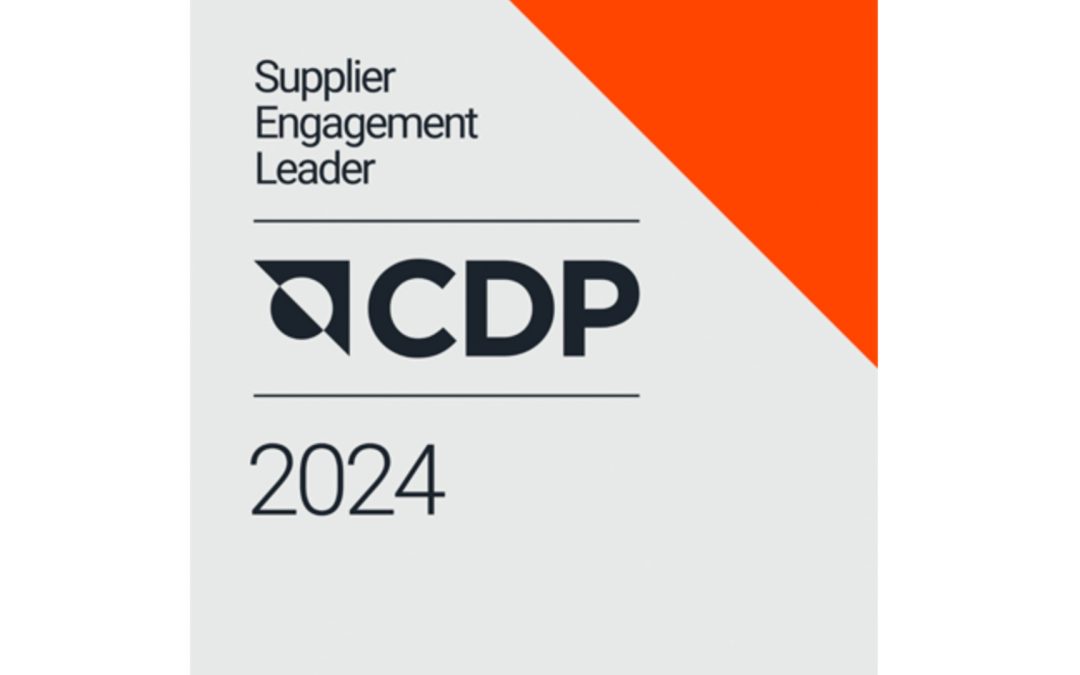Supporting partners and suppliers through tough times is more crucial now than ever, says Kyocera.
Businesses of all sizes and industries have faced challenges over the last couple of years, some more significant than others. Some organisations are just trying to stay afloat, while others have had to be agile in managing their supply chains given the difficulties faced by their partners. According to Kyocera, taking steps to support partners and nurture relationships is more important than ever in ensuring a healthy supply chain.
New data has revealed that the UK saw a 14% increase in insolvencies in 2023, driven primarily by higher interest rates, in turn caused by global political instability and rising living costs. Businesses are clearly finding it difficult to manage their finances amid a great deal of uncertainty.
Despite this, Kyocera believes that with the right approaches in place and a positive mindset in terms of developing relationships with suppliers, there is every chance supply chains can continue to thrive.
Rod Tonna-Barthet, CEO at Kyocera Document Solutions UK, said: “One crucial lesson that we should take away from the increased insolvency numbers is that relationships are important. It is more crucial now than ever to build and maintain strong connections with current and potential partners, as we are more likely to weather storms like this one if we work together. Partners are looking for someone they can trust and rely on for support, especially in a period where businesses are operating more cautiously than usual.
“Take steps to engage more closely with your suppliers, check in on how they are doing, and foster a culture of openness and transparency where all parties are comfortable discussing their challenges. After all, every company in the supply chain is heavily dependent on the others for long-term success.
“Given the sense of urgency brought on by uncertain times, it is natural to want to get things done as quickly as possible. However, developing positive, supportive relationships with suppliers takes time. The rewards are not always immediate, but they are worth it in the long run. If you don’t lose sight of this fact and keep taking the time to nurture these relationships, you will be better off as a business.”
To achieve the above, there are a number of practical steps that businesses can take in the here and now.
Tonna-Barthet added: “Regular meetings are essential for building lasting relationships with suppliers and ensuring resilience in the supply chain. Outside of these, many tools can be used to improve communications and keep all parties abreast of any developments.
“These include direct messaging and document-sharing tools. You can quickly resolve any issues you have with suppliers by keeping track of your conversations in a structured and centralised way. Weekly or monthly meetings with suppliers to discuss best practices and new collaborations, as well as ensure that KPIs are correctly aligned and adjusted where necessary, are a great way to maintain healthy relationships and ensure you can provide support to your suppliers when needed.
“Training is also vital for equipping your partners to be as successful as possible, especially for channel partners who are reselling your products and solutions. This builds loyalty, makes your partners brand champions, and ensures productive and supportive long-term relationships. All of your partners should receive consistent guidance on how to deal with tough times and should be kept in the loop about any new products or plans in your pipeline.”
He concluded: “There’s never been a better time for organisations and their partners to form closer bonds, re-evaluate their relationships and figure out new ways to support one another. Put the work in now, and the entire supply chain will become more resilient both during tough times and the calmer periods to come.”




















